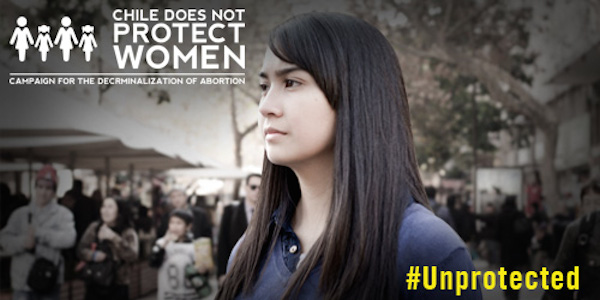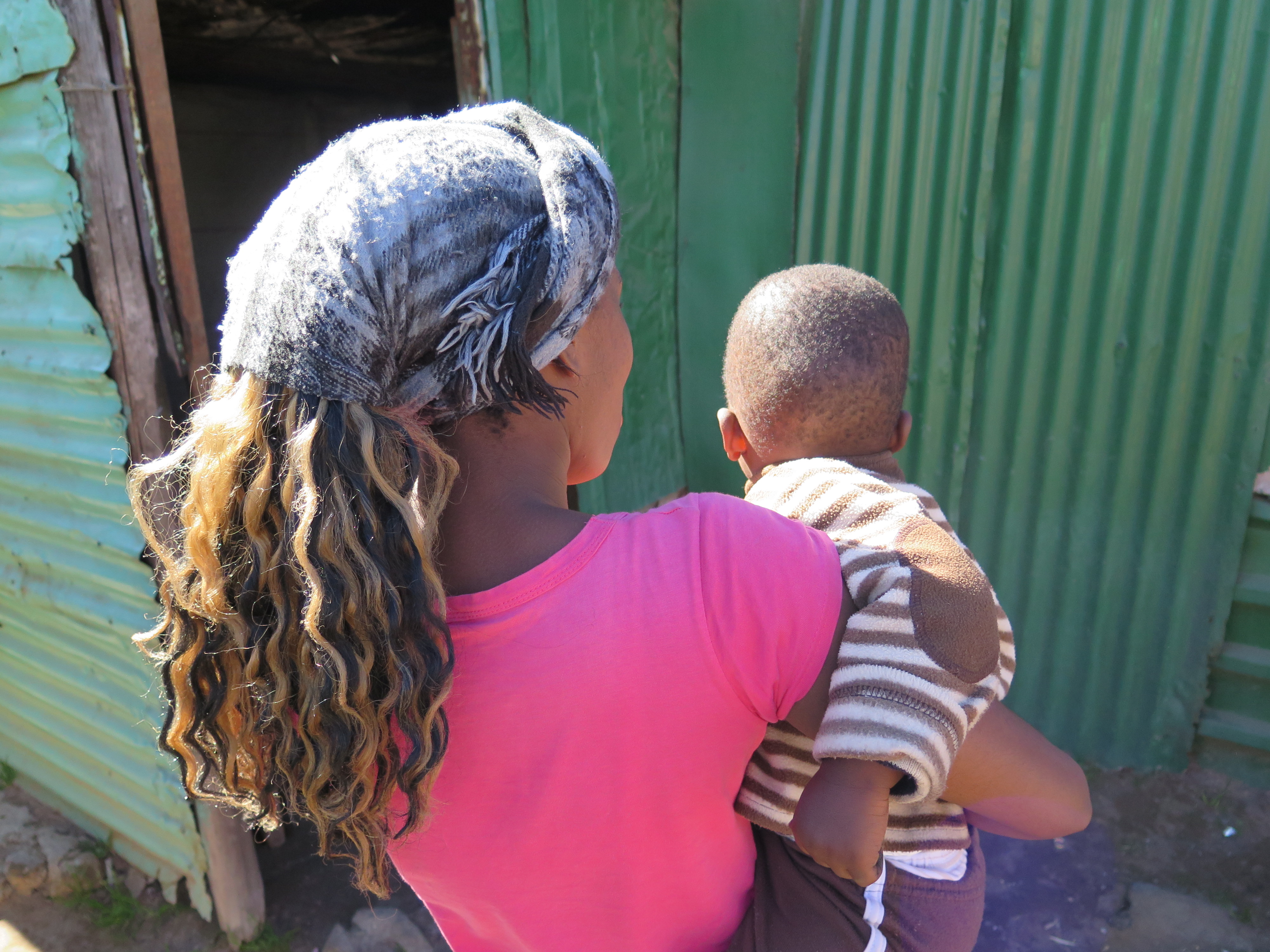This guest blog post is by Anja Rudiger, director of the Human Right to Health Program at the National Economic and Social Rights Initiative
Six months ago the United States almost got universal health insurance. Advocates celebrating the passage of the federal health reform law argued that this was as good as it gets. While it was understood that the optimistically named Patient Protection and Affordable Care Act (PPACA) emerged as the result of political compromises, many applauded it as a step toward finally realizing the human right to health care in the United States. After all, the bar had been set quite low: because the United States produces poor health outcomes and shocking health disparities despite the highest health care spending in the world – driven by a for-profit health industry – the only way the country could go was forward. Or so it was hoped.
Yet six months later we awake to news of children’s coverage dropped, sick kids being charged more, skyrocketing insurance premiums, employers’ shifting costs to workers, and insurers defending paper-shuffling as essential medical expenses.
Everyone knew from the start that the reform would not be fully universal, with the Congressional Budget Office predicting 23 million people to remain uninsured, nor equitable, with access to care dependent on the payment of premiums, co-pays, and deductibles, nor accountable, with for-profit insurers setting prices and limiting access to doctors and services. Yet many had hoped that a little bit of universality would go a long way toward getting improvements for some. By the same token, the principle of “equity” was deemed just slightly too ambitious when insurance companies could simply be subsidized for selling their products to those working low-wage jobs.
As far as accountability goes, it was considered safer to keep the enemy – our beloved insurance companies – as close as possible, rather than unnecessarily antagonizing it. If the reform stuck to a market-based insurance system – so went the reasoning – access could be within reach of more people without causing disruptions to those benefiting from the status quo.
Except that some rather painful “market disruptions” are upon us now, with insurers dropping policies and raising rates in droves. But once again, advocates cling to their optimism; after all, the bulk of the reforms won’t come into effect until 2014, and once we plow through this disruptive period, all the pieces will fall into place. Or will they?
SEE THE REST OF THIS POST




 It’s been a little over a year since the government of Sierra Leone launched its
It’s been a little over a year since the government of Sierra Leone launched its 